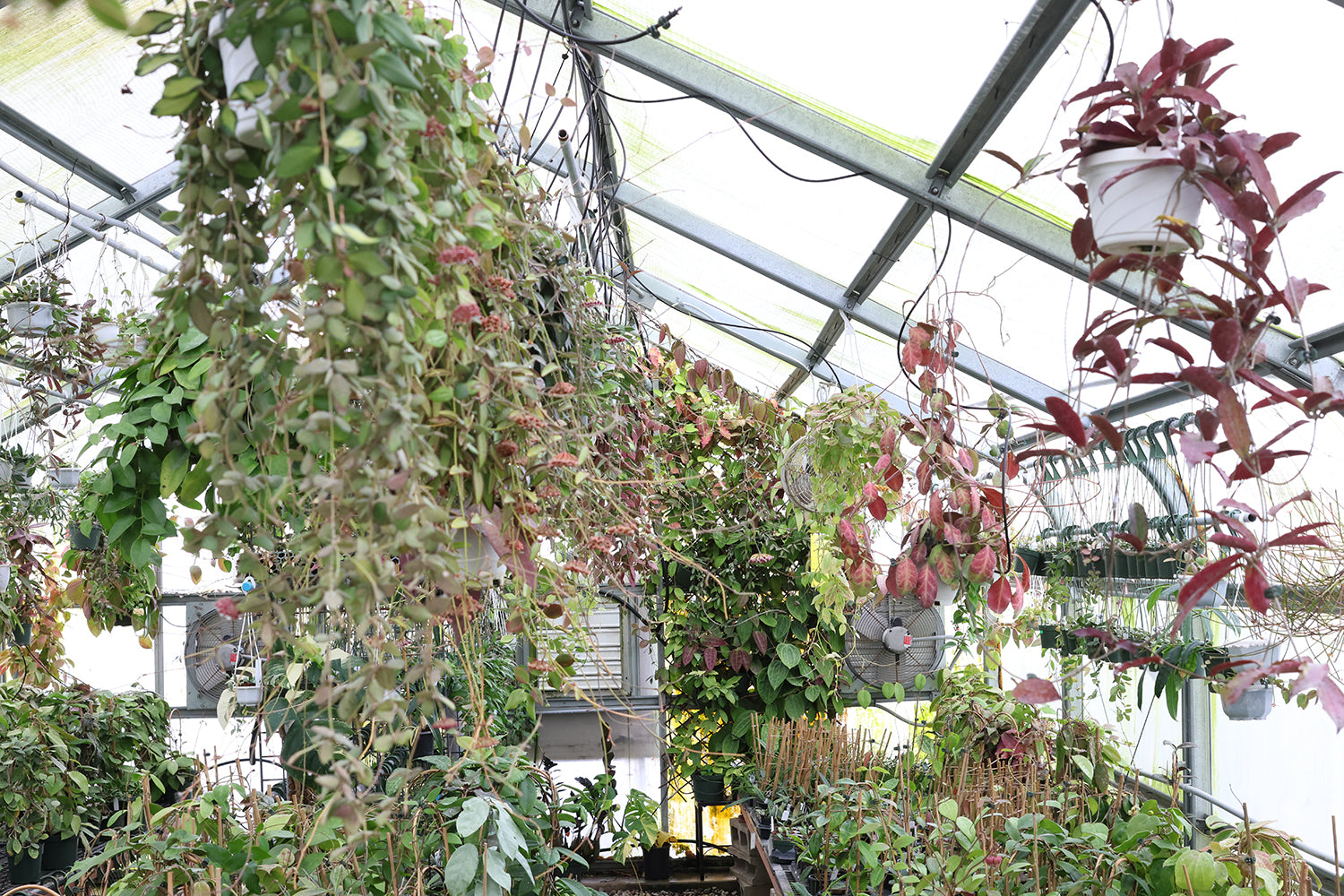Our view at Stack - Shopify has just about everything you need if you're looking to sell online. It excels with unlimited products, user-friendly setup, and 24/7 support. It offers 6,000+ app integrations, abandoned cart recovery, and shipping discounts up to 88%. Plus, it allows selling both online and in-person, scaling as your business grows.
April Mall never planned to turn her love of plants into a business. At first, caring for plants was just an after-work escape from her full-time job as a nurse. She even used the health of her plants as a barometer for her own mental and physical health. “ When they start becoming a little bit wilty and unhappy, I know that I am not doing very well because I’m not very motivated,” April explains. During the COVID-19 pandemic, when nursing became even more stressful, plants helped her stay grounded and maintain daily routines.
But soon, her hobby started to take over—both in space and budget. The kitchen table was covered in plants, and she and her husband, Daryk, were spending more and more money on new varieties. To offset the cost, April started selling propagated plants. The response was overwhelming—so successful, in fact, that April and Daryk quit their jobs, built a greenhouse, and made Unsolicited Plant Talks their full-time business.
Finding special loans
With the plants outgrowing their house, April and Daryk knew they needed a bigger space to be able to scale their operation.“ I found that NASA actually gives these loans for agriculture,” April says. Daryk estimates it cost about $35,000 to build. Within a few months, the greenhouse was overflowing with stock that April and Daryk had to build a second greenhouse. They took out more loans and borrowed from family and friends.

All in all, the initial investment was around $100,000. But the work paid off because within a year, April and Daryk has paid back all of the borrowed money.
Growing an online community
One of the reasons April and Daryk felt confident enough to start a business was that they already had some potential customers on social media. April had originally started posting to Instagram as a way to share her progress in her hobby and what she had learned about plants. “I used [Instagram] as a diary, a journal of my plants and my photos.”
These candid, story-driven posts soon cultivated a following and a community of fellow plant enthusiasts. Her authenticity resonated widely, unintentionally growing a community that adored and supported Unsolicited Plant Talks.
Figuring out logistics
Unsolicited Plant Talks mostly sells online, so that means April and Daryk had to navigate the tricky logistics of packing and shipping plants. It was a real pain point for them because they had no control of how their packages were handled once they were enroute. The most they could do was make sure the plants were as secure and padded as possible.
April designed a new box that helped cut down on some of the risks. The boxes are more sturdy and keep the plants in place, has custom branding, and are easier to pack because it doesn’t require cutting extra pieces of cardboard to affix to the plants.“ We’re cutting our time in half when it comes to packing, so that extra time gets put into growing more plants,” April says.
Scaling with help
“We went from shipping 30 to 100 plants a month as a side hobby to shipping 600 to 1,200 plants a month,” Daryk says. And he says trying to do everything with just the two of them started to wear them down. April and Daryk were working 12-hour days, 7-days a week. Hiring staff and learning their strengths and weaknesses was a game changer for Unsolicited Plant Talks. They now have two other full-time employees, and some occasional part-time staff.
Now, April and Daryk are using that time back to continue investing and growing their online plant community. To learn more about their journey from side hustle to seven-figure business, listen to the full interview on Shopify Masters.
If Shopify is of interest and you'd like more information, please do make contact or take a look in more detail here.
Credit: Original article published here.
